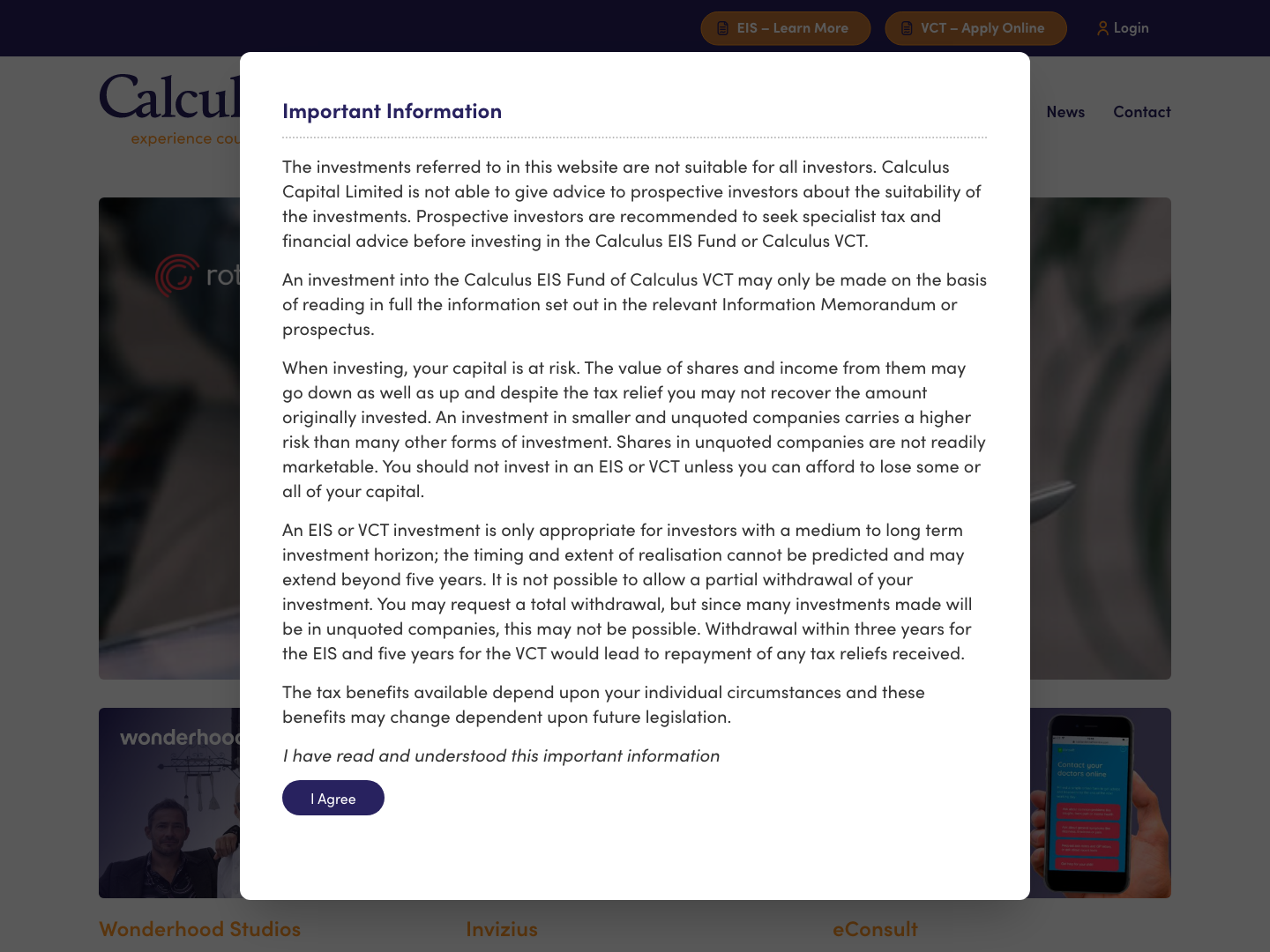Fintech platform Grateful raises £1.5m from Calculus Capital
This article covers seed funding on 14 October 2025 for Grateful, the automated tip pooling and tronc platform founded by Mason Potter, Jarrod Potter and Damian Guy. The round raised £1.5m and was led by Calculus Capital.
What does Grateful do?
Grateful is a digital platform that automates tip pooling and tronc management for hospitality and service businesses. It provides compliant distribution, transparent reporting and employee access to gratuities and financial tools.
Why is Grateful useful?
Problem
Hospitality businesses face time-consuming, manual tip pooling and tronc processes that create admin burdens and compliance risks. Workers suffer delayed payments, opaque distributions, and reduced trust as digital tips and new legislation increase pressure.
Solution
Grateful explains that it automates tip pooling and modern tronc management to ensure transparent, timely, and compliant payouts to staff. The platform reduces admin, integrates with existing tech, and gives workers clearer ownership and faster access to tips.
How much did Grateful raise?
Grateful raised £1.5m ($2m) in a seed round from Calculus Capital. This makes it the 28th largest funding round in October 2025 (37 recorded). By size, the round comes in 377th for 2025 (509 recorded) in the Startupmag database, as of 14 October 2025.
For details on how Startupmag compiles its rankings, view our Methodology.
Who invested in Grateful?
The key investors in this deal were:
- Calculus Capital: A UK investment firm that backs technology and fintech companies.
In the funding announcement, Alexander Crawford from Calculus Capital said:
We're delighted to support Grateful and its exceptional management team as they transform the way the hospitality industry handles tipping and tronc management. Grateful’s platform brings fairness, transparency and compliance, in a cost-efficient way, to a space that has historically lacked all three.
The investor added that, with new legislation driving change, Grateful is positioned to help ensure hospitality workers receive tips more transparently.
If you're researching potential backers in this space:
- Explore our list of fintech venture capital firms in the UK
- Browse our directory of fintech angel investors in the UK
Who founded Grateful?
The founders of Grateful are Mason Potter, Jarrod Potter and Damian Guy.
In the funding announcement, Mason Potter, Co-Founder & CEO of Grateful explained:
Frontline workers are the backbone of the service economy, yet they remain under-served by outdated systems that make tipping opaque, distribution slow, and compliance a headache for employers. With the shift to a cashless society and the introduction of the Employment (Allocation of Tips) Act 2023, businesses are under increasing pressure to manage tips fairly and transparently, while workers struggle to make their earnings go further.
The company continued that the service industry had long struggled with unfair and opaque tipping practices, leading to inconsistent distribution and issues as cashless payments gave businesses greater control over digital tips; many companies also mishandled tronc systems, causing tax and compliance problems, which prompted UK legislation in 2024 requiring tips to be distributed directly and transparently to workers and increasing demand for automated, compliant solutions like Grateful.
Where is Grateful based?
Grateful is based in London, UK.
What sector is Grateful in?
Grateful operates in the fintech sector. The fintech sector develops digital tools and services for managing money and payments. It makes banking and payments easier for people and businesses.
Key trends and challenges in Fintech:
Cashless payments and transparent tipping
Many transactions are now cashless, so employers control digital tips instead of staff.
UK law like the Employment (Allocation of Tips) Act 2023 forces tip transparency.
Regulatory and compliance complexity
Fintech firms must follow payment, employment and data rules to avoid penalties.
Examples include Open Banking standards and FCA guidance on payments.
Integration and operational fragmentation
Operators use separate POS, payroll and scheduling systems that do not sync.
That creates manual work, spreadsheet errors, and delayed payments for staff.
For a deeper look at innovation in this space, see the fintech startups in the UK.
They've invested in Grateful
Get to know these fintech investors
Click here for a full list of 7,526+ startup investors in the UK

